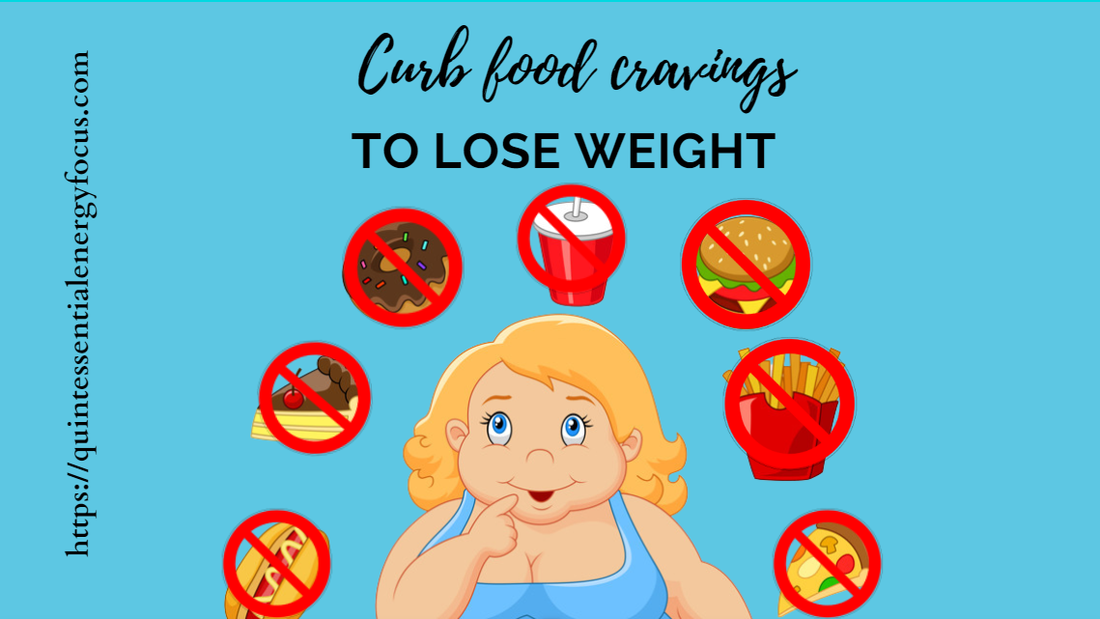Did you know there is a study that shows it is possible to lose weight painlessly and naturally? By addressing food cravings, using Emotional Freedom Techniques (EFT/Tapping)?
The Situation
Are you an overworked professional? If so, there's a good chance you're already aware of how your exhaustion has affected your eating habits.
You should know, first of all, that you're not alone: 30% of the world population (that’s 2.1 billion people) are obese. There are fewer left-handed people in the world!
Recent events haven't been helpful either. For many of us, living through the COVID-19 pandemic lockdown wreaked havoc on our eating habits as we struggled to adjust to many sudden changes. We all know it's easy to gain weight and it's very hard to lose weight.
Sometimes, eating becomes a form of distraction and a way to calm an agitated nervous system.
Today I'd like to show you why tackling food cravings is the missing piece in your weight loss puzzle, and how Emotional Freedom Techniques (EFT tapping) can help with that.
I think it’s safe to assume you know firsthand how difficult it is to lose weight. Exercise is great for your health, but isn't enough by itself to incur weight loss. Study after study has shown that fad diets are definitely not the long-term answer to losing weight.
I want to show you something better: if you can deal with food cravings and emotional eating, then you won't feel the pangs of emptiness or the yearning for more food. When you feel the pull to overeat less often, you'll soon find yourself shedding your extra weight.
Combined with some exercise and healthier eating habits, the craving reduction using EFT tapping will lead to better health for you.
The Research
Emotional Freedom Techniques/EFT/Tapping, a central feature of Energy Psychology, exists since 1992 and early research is promising. Below are the results of a research study, which documented neurological changes in the brain before and after tapping.
In this study, brain activity in response to food-craving stimuli was mapped using functional magnetic resonance imaging (fMRI). It revealed deactivation in the Superior Temporal Gyrus and lateral orbitofrontal cortex following EFT treatment.
These findings indicate that EFT decreases limbic region brain activity, and reduces food-related symptoms in overweight individuals.
Essentially, the post-scans for the treatment group (candidates who received EFT therapy) were relatively deactivated in both these areas.
Post-scanning of the control group, meanwhile (candidates who did not receive EFT therapy) showed continued activation in these areas.
The food craving difference scores over time decreased significantly for the EFT group when compared to the control group.
The average (mean) scores decreased by 18% for the EFT group and 5% for the control group. This is huge - a difference of 13% can convert into many pounds of uneaten food, and significantly improve your caloric ratio.
Even one fewer treat per day (for example, skipping a grande Frappuccino at 500 calories) can move someone from overweight to a consistent and sustainable 0.5 pounds/week loss.
This study also illuminates the neurological mechanisms at work behind the many successful outcome studies of EFT for weight loss.
Where to try EFT for yourself
You already have enough on your plate on a day-to-day basis. You don't need to suffer through strict fad diets. Instead, you can find peace by painlessly reducing your cravings and emotional eating.
To do this, you can book a no-obligation complimentary consultation here and allow me to show you how EFT works. This discovery call may help you start your new path to a healthier and happier life. All it takes is the commitment and willingness to reduce excess weight.
Here are the links to the studies
and
Depression symptoms improve after successful weight loss with Emotional Freedom Techniques
Additionally, as a certified Energy Psychology Practitioner, my work involves easing negative emotional responses, tracing their source and managing their effects. This means I can help you if you suffer from unhealthy stress, anxiety, insomnia, depression, phobias, trauma, PTSD, worries, shame, anger, despair, betrayal, guilt, grief, emotional eating, food cravings or smoking habits.


